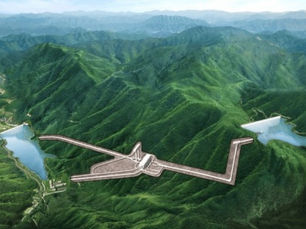Japan Teams Up with Siemens to Build Offshore Wind Power Supply Chain
- Energy Box

- Jun 25, 2025
- 2 min read

Japan’s Ministry of Economy, Trade and Industry (METI) is set to sign a strategic cooperation agreement with Siemens Energy to help develop a domestic supply chain for the offshore wind industry, a METI official told Reuters on Tuesday.
The partnership will aim to establish a robust local manufacturing ecosystem in collaboration with global leaders in wind power technology.
As part of this initiative, Siemens Gamesa—the wind turbine unit of Siemens Energy—is expected to ink a deal with Japanese electronics manufacturer TDK. TDK will supply permanent magnets for Siemens Gamesa’s wind turbines, the METI official said.
This move comes amid growing calls from industry stakeholders for improved auction structures and financial incentives to accelerate Japan’s offshore wind ambitions. In recent weeks, developers and wind associations have urged the government to introduce better fiscal frameworks to unlock the sector’s full potential.
Japan has outlined an offshore wind target of 10 GW by 2030 and between 30 GW and 45 GW by 2040. However, progress has been mixed. While three capacity auctions have been held to date, rising global costs and supply chain disruptions have caused major developers to reassess their participation in the Japanese market.
In response, the Japanese government is reportedly evaluating a series of policy reforms. These include extending the project lifespan from 30 to 40 years and allowing foreign vessels to operate in Japanese offshore wind zones—moves aimed at making project development more viable, according to multiple industry sources who spoke to Reuters in May.
Developers are also lobbying for multi-year power supply contracts through auctions, along with financial support mechanisms, such as subsidies or tax incentives, to encourage large industrial users to enter into long-term Power Purchase Agreements (PPAs) with offshore wind developers.
Despite Japan’s ambitious roadmap, several global players have already scaled back their offshore wind activities in the country.
Earlier this year, Mitsubishi Corporation announced a review of its offshore wind business strategy in Japan, citing "significant changes in the macroeconomic landscape."
Similarly, Ørsted, the world’s largest offshore wind developer, said in 2023 it was “deprioritising development activities” in Japan, reflecting broader challenges faced by the sector both locally and globally.














Comments